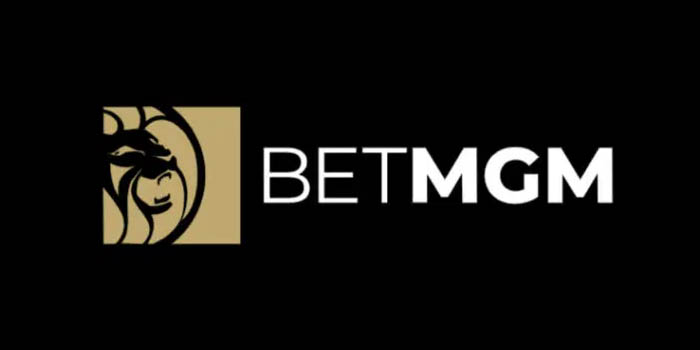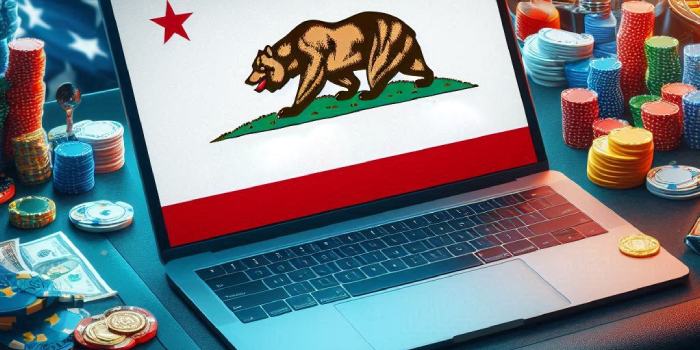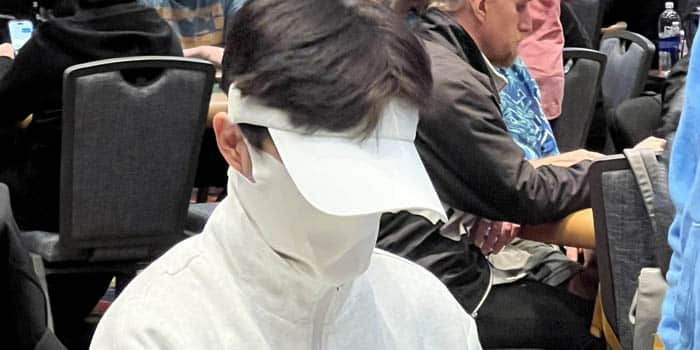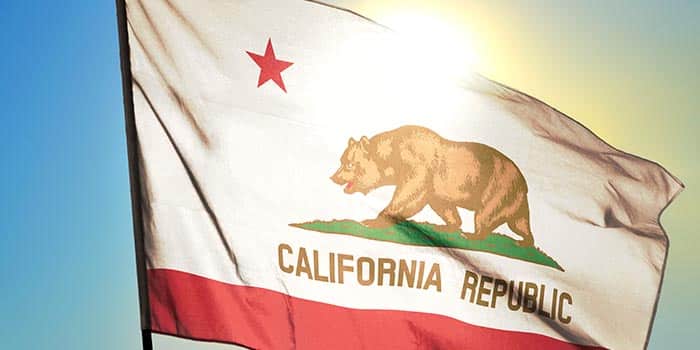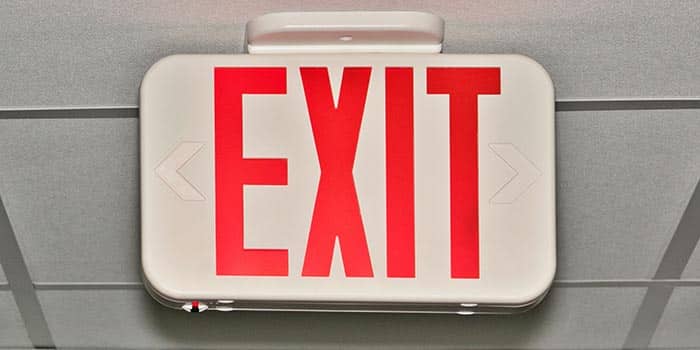- Casino
- By State
- Alabama
- Alaska
- Arizona
- Arkansas
- California
- Colorado
- Connecticut
- Delaware
- Georgia
- Florida
- Hawaii
- Idaho
- Illinois
- Indiana
- Iowa
- Kansas
- Kentucky
- Louisiana
- Maine
- Massachusetts
- Maryland
- Michigan
- Minnesota
- Mississippi
- Missouri
- Montana
- Nebraska
- Nevada
- New Hampshire
- New Jersey
- New Mexico
- New York
- North Carolina
- North Dakota
- Ohio
- Oklahoma
- Oregon
- Pennsylvania
- Rhode Island
- South Carolina
- South Dakota
- Tennessee
- Texas
- Utah
- Vermont
- Virginia
- Washington
- West Virginia
- Wisconsin
- Wyoming
- By State
- Slots
- Poker
- Sports
- Esports
US: New Bill Proposes the Removal of Federal Excise Tax

A bipartisan bill aiming at repeal of federal excise tax on legal sports betting was introduced yesterday. Bill co-founders are Rep. Dina Titus (Nevada) and Rep. Guy Reschenthaler (Pennsylvania).
The Repeal of Federal Excise Task Was Proposed Yesterday
Yesterday, Friday 24, a repeal of the federal excise tax was proposed by a bipartisan legislation. The bill was created by the co-chairs of the Congressional Gaming Caucus: Representatives Dina Titus (Nevada) and Guy Reschenthaler (Pennsylvania). The federal excise tax, also known as “handle tax“, features 0.25% taxation on gaming businesses as well as a fee of $50 payable per-annum, per-employee for sportsbooks. However, the tax does not apply for all sports betting. For example, the sports betting which are operated by state lotteries as well as horse racing do not pay the handle tax.
Representative Titus said in a statement that although sports are back, “the penalty on making legal sports bets never left.” She further added: “The handle tax makes it more difficult for legal gaming establishments to compete with illegal operators.” Titus stressed that with the repealing of the tax, many customers which are part of the black market will switch towards the “well-regulated market.” In conclusion, Representative Titus said that given the many announced layoffs and furloughs recently, making operators pay per employee is that last thing that is needed.
I’m proud to join my Gaming Caucus Co-Chair Rep. Dina Titus to introduce this important legislation that will eliminate an outdated tax and burdensome requirements on the gaming industry,”
said bill co-founder, Guy Reschenthaler
Representative Reschenthaler deemed the handle tax as a: “counterproductive practice of penalizing employers for creating jobs.” He added that in Pennsylvania, the gaming industry supports more than 33,000 work places. Reschenthaler noted that with the help of the proposed legislation, a new path towards economic growth will be created.
Support of the bill by the American Gaming Association (AGA) was expressed by Bill Miller, president and CEO of the association. In a statement yesterday, Miller expressed his gratitude towards the co-chairs who introduced the bill. “Titus and Reschenthaler for introducing this legislation today to provide regulated operators with meaningful relief as they recover from the COVID-19 sports shutdown,” added Miller. Furthermore, at a hearing earlier this week, on “Protecting the Integrity of College Athletics” in front of the Senate Judiciary Committee, Miller urged government officials to repeal the handle tax.
Will the Handle Tax Survive the Most Recently Proposed Bill?
The handle tax has seen a few attempts to be repealed before. Back in 2014, Representative Titus sent a query to the Internal Revenue Service (IRS) asking how the $9 million of handle tax money were spent. Reported by the Las Vegas Review-Journal, the IRS didn’t answer how were the tax money spent. Consequently, Representative Titus said: “The IRS didn’t even know it existed.” She added: “The money just went into some black hole in the general fund.” However, the attempt to repeal the handle tax failed in 2014. Another attempt was made in 2017 which also did not succeed.
Data by the American Gaming Association shows that the handle tax raised less than $33 million for 2019. With that in mind, legal operators in Nevada paid the bigger part – some $13,3 million last year. On the other hand, some $3,7 million in handle tax revenue was raised by sportsbooks in Pennsylvania. Here, we cannot miss to mention, that the state just launched its legal sports betting back in May the same year.
With 5+ years of experience as an analyst, Julie—affectionately known as 'Jewels' in the office—has quickly become our go-to expert in the forex and cryptocurrency space. Her keen attention to detail and deep understanding of the industry make her an invaluable asset. Julie's expertise and enthusiasm have made her the top choice to co-pilot educational initiatives alongside Mike, bringing knowledge to the masses.
More Articles



Casino
July 8, 2025
WinStar Casino Shooting Suspect Still Missing
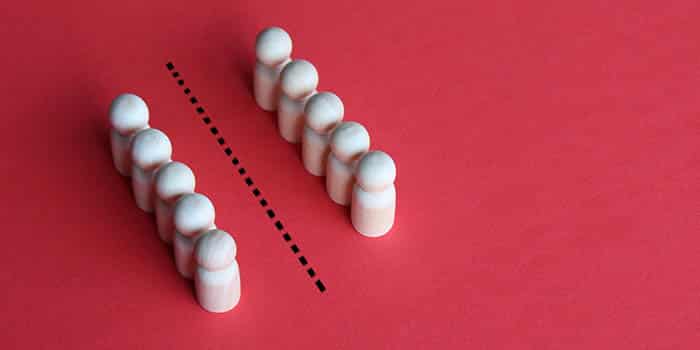
Industry
July 8, 2025
Trump’s Gambling Tax Cap Draws Divided Opinions




